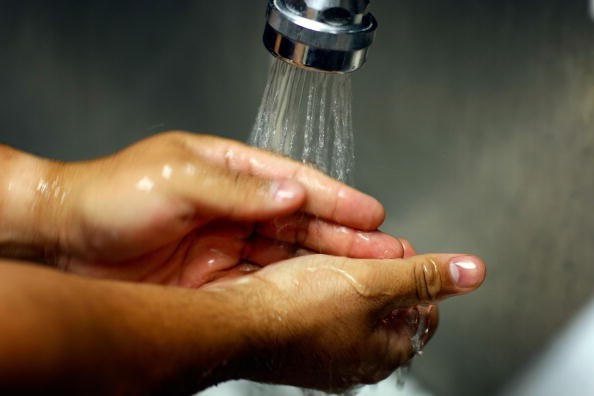
The drive to prevent the spread of infections in hospitals is paying off. More healthcare professionals are washing their hands more frequently. But it seems no good deed goes unpunished. Many of them are suffering from dermatitis on their hands from all the washing.
The incidence of irritant contact dermatitis in people who work in healthcare has increased 4.5 times in the United Kingdom since the country started a drive in 2006 to reduce the incidence of infections related to healthcare. Such infections include methicillin-resistant Staphylococcus aureus (MRSA) and Clostridium dificile.
Researchers at the University of Manchester uncovered this by studying reports submitted by dermatologists between 1996 and 2012 to a British database, one intended to keep track of skin conditions that are caused or made worse by work conditions or chemicals used at work. They found that the incidence of dermatitis in healthcare workers increased steadily from 1996 to 2012, while incidence declined in workers in other occupations during that time.
"Campaigns to reduce these infections have been very successful and many lives have been saved. However, we need to do all we can to prevent skin irritation among these frontline workers," said Dr. Jill Stocks, an author of the study. "Obviously we don't want people to stop washing their hands, so more needs to be done to procure less irritating products and to implement practices to prevent and treat irritant contact dermatitis."
Irritant contact dermatitis is one type of skin inflammation. Ingredients in hand soaps and antibacterial products, such as detergents and surfactants, can dry the skin and irritate it. The effect may not be bad for someone who washes their hands once or twice a day, but healthcare professionals might be washing their hands many times a day, which means that the skin is continually being irritated.



